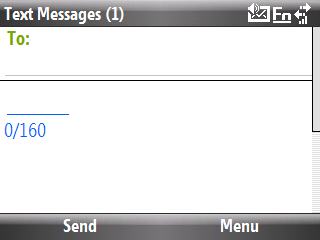

The story may be a few years old, but it is just as relevant today.Įven if your divorce doesn’t involve a cheating spouse, cell phone messages can still land you in trouble, particularly if you text a message that could be interpreted as threatening or irresponsible.įor example, if you are fighting for custody of your children and you send your soon-to-be ex an heated text about one of the contentious issues, the message could be used as evidence in court to portray you as having anger issues. Texting to your lover is what the New York Times has called “digital lipstick on your collar,” and you can be caught very easily. Those transgressions are a lesson that should have been learned by everyone at this point. Similar mistakes ruined or damaged the careers of several members of Congress, the governor of Nevada and the mayor of Detroit. In one very famous divorce case, Tiger Woods’ “private” text messages to his paramours were somehow broadcast around the world.


This issue has made quite a bit of news in recent years. Many assume their personal text and phone messages are secret and confidential however, once a text message is sent, there is no taking it back. It has also become a staple for people engaging in extramarital affairs, and a lot of them are being careless about what they send.Ī survey released in 2012 indicated that over 90 percent of divorce attorneys had seen increased use of smart phones’ digital messages being submitted as evidence, and the trend isn’t slowing down anytime soon. This can be detrimental, as it is easy to take messages out of context and apply many different interpretations that were not intended. In today’s high-tech world, texting has overtaken many traditional methods of communication. In family courts across the country, incriminating text messages and other personal electronic communications are increasingly being used as evidence in divorce proceedings - and it’s easy to understand why.


 0 kommentar(er)
0 kommentar(er)
